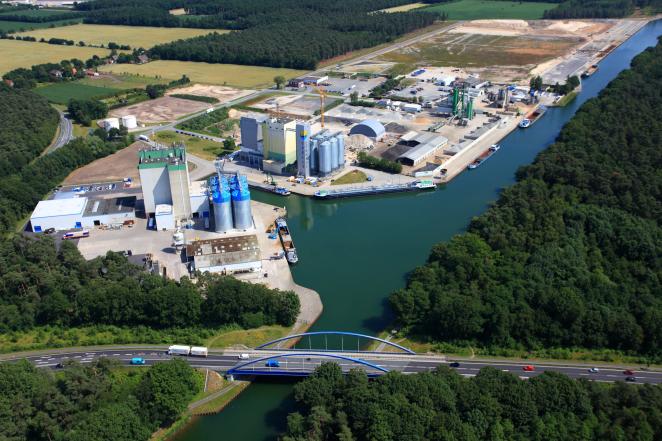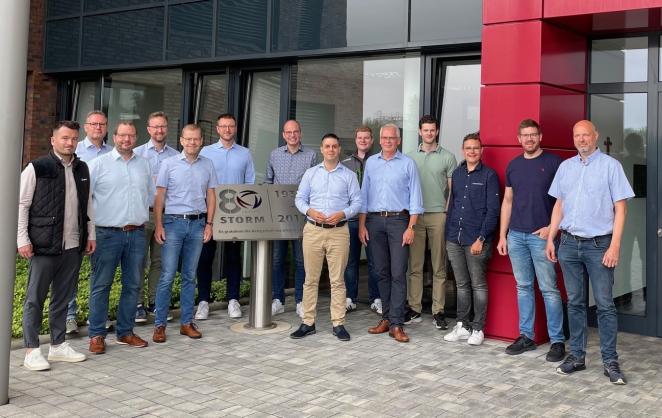Spelle, in the German district of Emsland, is one of the three model regions being worked on in the GRITH project. Numerous large companies with significant energy requirements are located in the industrial area and the associated port area.
Spelle has already launched its own initiative for a micro-grid, developing a local energy cooperative based on renewable sources. These activities have been incorporated into the GRITH project. Now the more detailed work begins - involving energy system modeling - its time for a status update.

Photo: Samtgemeinde Spelle
Data is essential
Data is essential for the further joint development of sustainable sources and several companies have already provided their energy data to the project management. The extracted information shows that seven of the local companies alone have an annual energy requirement of 120 GWh, half of which is currently covered by electricity and half by natural gas.
This energy consumption corresponds to that of 75,000 average households in Germany – underlining the relevance of the GRITH project and the huge energy and emission saving potential of industrial sites and business parks in the North Sea region.

Spelle's Energry Cooperative stakeholders
Spelle’s stakeholders
During a recent meeting, one of the local companies, August Storm GmbH & Co. KG, invited stakeholders to hear the current status from GRITH project manager Holger Spelsberg and the upcoming steps. The participants also discussed the risks and opportunities of the energy transition from the companies‘ perspective in a workshop session.
The great complexity of the transition means that companies come into contact with a wide variety of projects. During the meeting, Dr. Jens Konermann, Head of the Economic Development Service of Spelle Municipality, elaborated on the interaction with the municipal heat planning and the H2-Region Emsland project.
We will keep you posted on further progress in the Emsland District and the Spelle energy cooperative.
